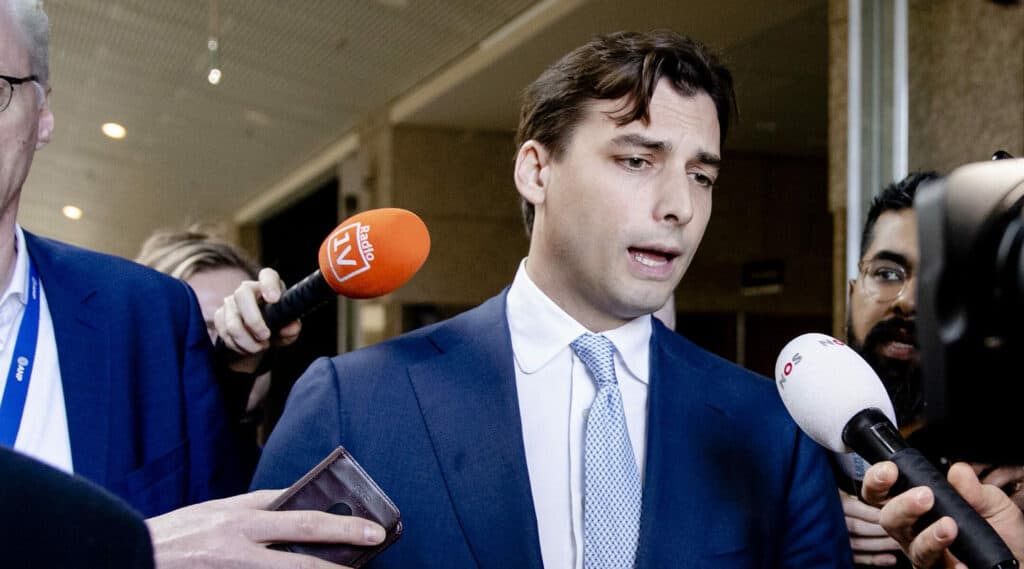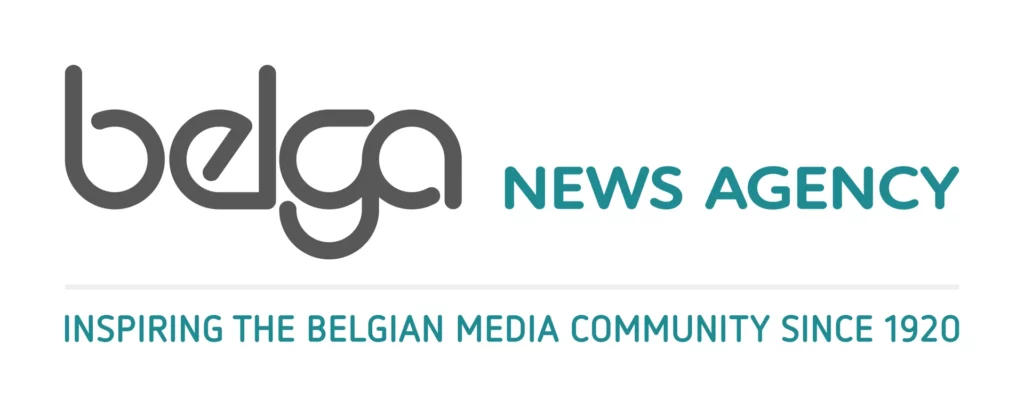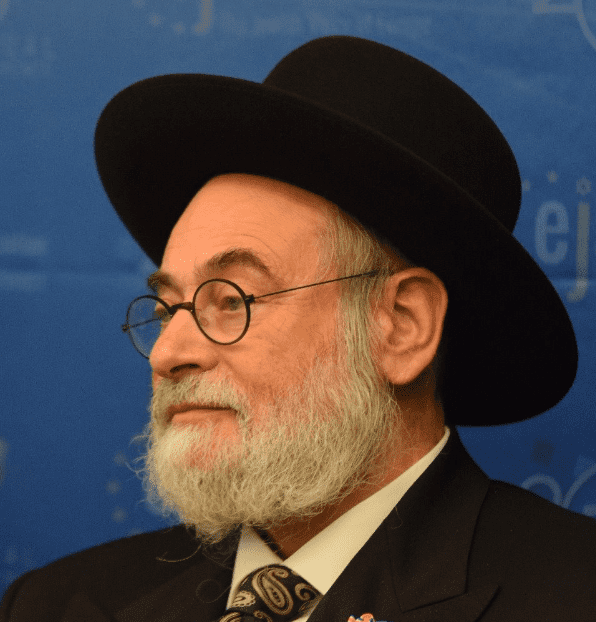The mayor of Brussels Philippe Close cleaned some pavement stones of the Belgian capital this Wednesday afternoon, April 27. They were not simple stones, though. They were “Stolpersteine”, known in English as stumbling stones: each engraved brass block is dedicated to the memory of a victim of the Nazi regime, usually placed in front of the victim’s former residence.
“These stones are very important for Brussels, because they are not only figures, they are names, they are families, children, men, women. They lived in this neighbourhood. And these pavements are very symbolic of the people who lived here,” said Close to Belga News Agency.
“We do it together with the European delegation of the Jewish community, but also throughout the territory of Brussels, with this symbolic act. It’s very important to show that in Brussels everybody has a place,” added the mayor.
In Brussels, the cleaning event was organized by the European Jewish Association (EJA) to commemorate the Holocaust Remembrance Day (Yom HaShoah) that this year started Wednesday evening April 27 through Thursday April 28.
“We have to remember all those who did not come back from Auschwitz. And one of the manners to do it is the Stolpersteine that we clean today,” explained Régine Suchowolski-Sluszny, Belgian Holocaust survivor from Antwerp.
“Because a lot of people do not have a place where they are buried, because they burnt,” added Régine with emotion. “It has to go on living on everybody’s soul that these people were murdered for nothing. Only because they had a Jewish mother,” she said to Belga News Agency.
Gratitude to Belgians
According to Regine, who presides the Jewish Organization in Flanders (FJO) in Antwerp, the Belgian people saved about 5000 Jewish children from the nazi regime. “50% of the Jewish people living in Belgium were saved. If you compare it to Holland, there was not even 20%. So the Belgian people did a very good job and we have to be grateful for that.”
In her speech at the opening event at the Jewish Museum of Belgium, she reminded the Belgian Christian couple that helped her family to scape the nazis, loved her and took care of her until she could reunite with her parents. She was only two years and a half then.
Régine defends that people should stand up against all forms of hate, intolerance and anti-Semitism. “People have to denounce it and not accept what is going on today,” she said to Belga News Agency.
“The world has to remember what happened. And we see today, sadly enough, that other people are suffering again; it’s not the same, because we can’t compare the Shoah to anything else, but too many people are suffering today and people are forgetting too quickly even what happened one hundred years ago,” Regine remarked.
Shining memory
In total, 90.000 stones can be found in Europe, from Spain to Finland. They were conceived by the German artist Gunter Demnig in 1993 and today the initiative follows up the international student-led “Make Their Memory Shine” movement, aiming to clean all Stolpersteine in a “pro-active manner”, mixing commemoration, volunteering and education.
The Chairman of the EJA rabbi Menachem Margolim, reminded that the nazis forced Jewish people to clean the streets.
“Today we clean the stones of the streets to make the memory of those Jewish people shine,” he said.















